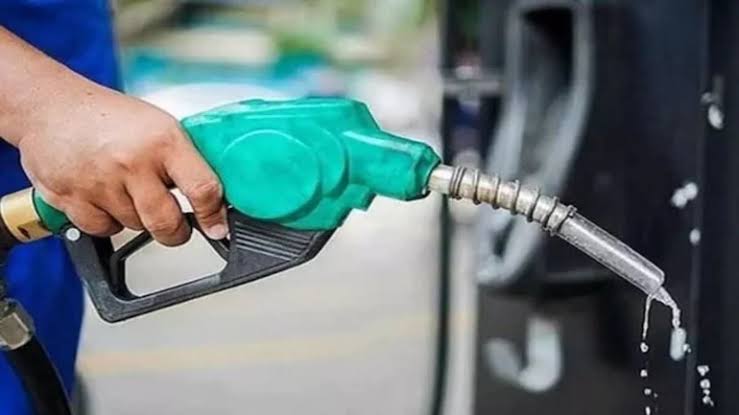More functional refineries ‘ll crash fuel prices – Expert
677 total views today
By Emmanuella Anokam
An eonomic expert, Dr Chijioke Ekechukwu says the coming on stream of more refineries in the country is expected to crash the prices of petroleum products.
Ekechukwu, the Chief Executive Officer, Dignity Finance and Investment Ltd. said this on Tuesday in an interview with the News Agency of Nigeria (NAN) in Abuja.
According to him, this is in view of the re-streaming of the Warri Refinery.
Ekechukwu, who was skeptical on speaking about the functionality of the Warri refinery due to recent controversy and criticism surrounding the workability of the Port Harcourt Refinery, however, observed that there would be free market economy.
NAN reports that the Warri Refining and Petrochemicals Company (WRPC) in Warri, Delta State, managed by the Nigerian National Petroleum Company Limited (NNPC Ltd.) commenced operations on Monday, after years of being moribund.
The 125,000 barrels per day (bpd) Warri refinery, which was currently operating at 60 per cent of installed capacity, resumed operations after the NNPC Ltd. restarted the 60,000 bpd old Port Harcourt refinery in November.
Though the prices of petroleum products had been staggering, but recently, Dangote refinery reduced the ex-depot price of Premium Motor Spirit (PMS) from N970 to N899.50 at its loading gantry, to sell at N935 per litre at retail outlets nationwide.
The NNPC Ltd. had also announced a reduction in the ex-depot price of petrol from N1,020 to N899 per litre, which is expected to trigger price war among marketers.
The expert, while reacting to the awaited industry competition and economic potency of the coming on stream of Warri, Port Harcourt and Dangote refineries in the country foresaw more innovations.
“Free market economy means that there should be free entry and free exit. It also brings competition and prices of goods and services lower.
“That is what competition does. In fact, more refineries should come on board, and that will force the prices lower in the long run.
“It leads to more innovations, better quality and standards.
“That is what the existence of the refineries will bring on the table of downstream oil marketing in Nigeria.
“With the Dangote Refinery, Port Harcourt, Warri refineries and other modular refineries coming on stream, we are better for it as a country and as an economy,” he said.
He however said that the Gross Domestic Product (GDP) would also be enhanced while more employments would be created.
NAN reports that the Warri plant will focus on producing and storing critical products such as Automotive Gas Oil (Diesel), Household Kerosene (HHK), Naphtha, and Low Pour Fuel Oil (LPFO).
The plant, which is currently processing 75,000 barrels bpd which translates to 60 per cent of installed capacity, produces 2.9 million litres of diesel, 1.9 million litres of kerosene and 4.9 million litres of fuel oil.
NAN gathered that the production PMS, known as fuel will follow in the days ahead as other units of the refinery come on stream.
The 125,000bpd capacity Warri Refinery was commissioned in 1978.
It was shut down for rehabilitation in 2021 with Daewoo Engineering as the EPC contractor. (NAN)(www.nannews.ng)
Edited by Ese E. Eniola Williams





